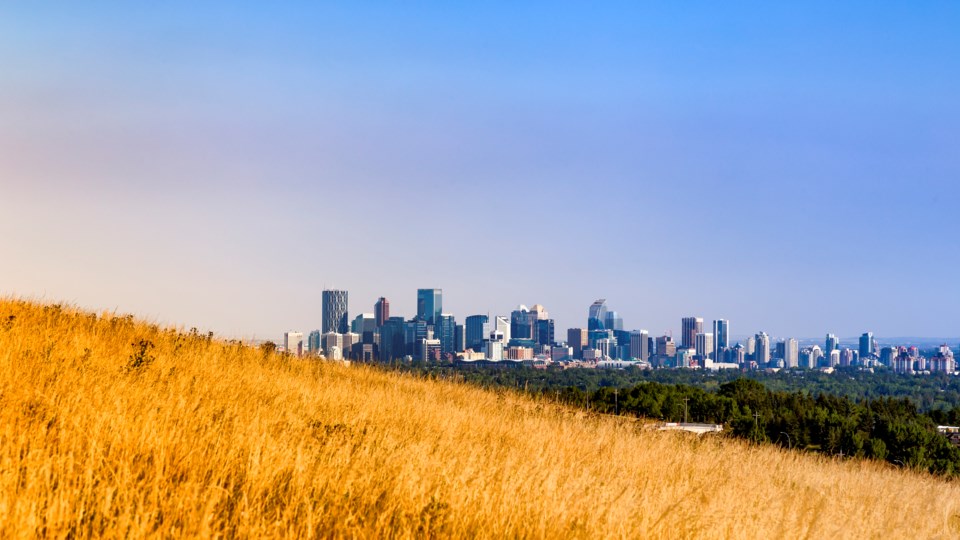As soon as the consumerist hangover of Christmas set in, Nature dropped a big proposing we abandon economic growth.
The timing almost had us hoodwinked but the big question remains: Is “degrowth” just a recipe for recession and a centrally-planned society of urban populations stuck in 15-minute cities on Universal Basic Income being fed insects and precision-fermented food?
It seems that’s what the mainstream “degrowth” philosophy is selling us, from George Mombiot’s book to the suggestion in the Nature paper that city dwellers wouldn’t need to drive as much. Meanwhile, I guess, a small percentage of us will tend the techno-modernist Roundup-ready GMO landscapes of automated mega-farms.
I think they’ve got it wrong.
Degrowth should be about the decentralization of our economy and a return to rural living.
Instead of bigger farms and more centralized production, we need the opposite. We need to go back to the smaller mills, smaller farms, smaller food processing plants, and the smaller towns. We need to localize the basics of what we need to survive.
has written extensively on the future of agrarian self-reliance. He’s well worth a read.
Of course this is incredibly inefficient.
But what if, like how our local supermills destroyed thousands of mill jobs in the sawmill industry, the main achievement of efficiency is simply to transfer wealth to the urban financiers and away from rural labour?
Generally speaking, smaller and more spread-out producers and farms may be less efficient, and worse for the GDP than a monocrop mega-farm. But there would be more competition, more resiliency, more choice, and probably better food, more biodiverse landscapes, and a more equitable society.
In other words, it might improve our quality of life and the environment.
But we might get dirty fingernails.
If we look at de-growth as economic decentralization, as a means to break up the monopolies and the growing feudalist corporate land holdings, it’s not that radical of an idea. It’s a democratic principle that our existing anti-trust laws were designed to protect but haven’t.
Another maxim of the modern degrowth philosophy that I don’t agree with is this idea that herding everyone into cities will help nature.
As long as we have a know-nothing corporate/academic/government elite telling us how to manage the landbase that they know nothing about, those rural communities will remain the only thing that stands in the way of their incompetence.
When university forestry departments tell government and corporations spraying and brushing cutblocks to kill the fire-resistant broadleaf forests moose and beaver depend on is a great idea, who complains about it? The big-city animal rights and environmental groups? Not really.
Trappers and ranchers complain about it.
When I read about the ecological breakdown of the Amazon, it’s the on the land who have the most credibility.
And when I read about big-ag pollution in Iowa and Missouri, it’s the diverse small farms and fighting it.
Not urban populations. Not the managerial elite.
Hollowing out rural communities doesn’t get you healthier ecosystems. Hollowing out the rural population base creates opportunities for destructive corporate farming, forestry, and simplified landscapes.
Getting us back out onto the land could help change that.
James Steidle is a Prince George writer.




